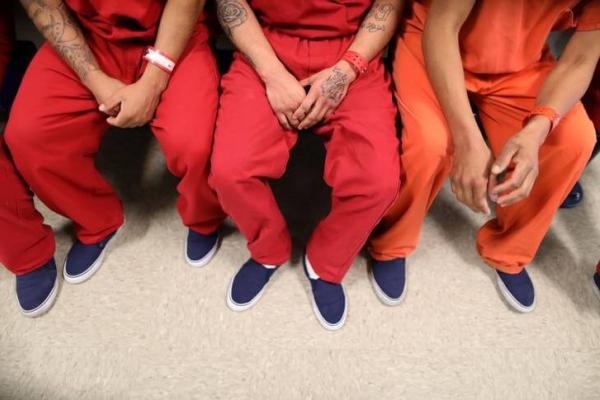Aug 22, 2018
I am in a cramped waiting room overflowing with the family members of detained immigrants. There is no bathroom easily accessible nor any other amenity. Family members and other visitors, many of them children, wait for hours here at Stewart Immigration Detention Facility for the opportunity to spend the one hour they are permitted per week with their loved one. When a staff member finally ushers me back to meet with a detainee at this Georgia facility, I notice that his employee badge bears the slogan, “CoreCivic: Pride in All We Do!”
Read the Full Article

Already a subscriber? Login
